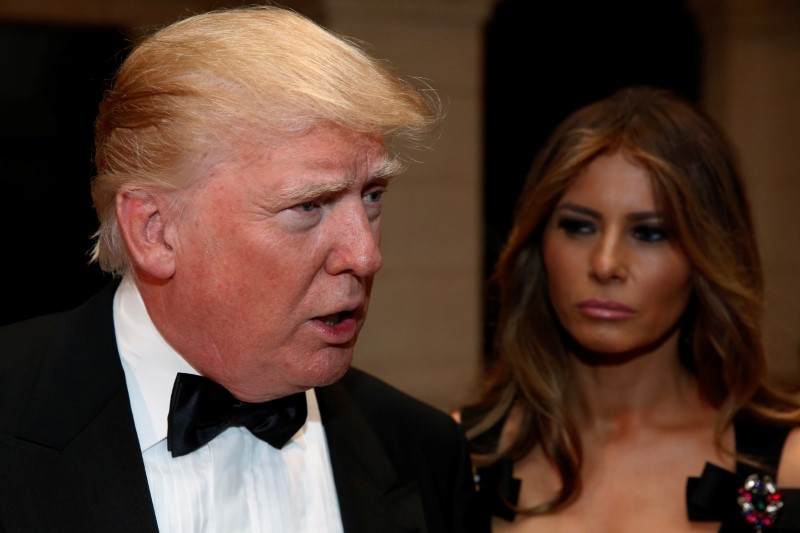WASHINGTON (Reuters) - U.S. President-elect Donald Trump on Tuesday criticized a congressional move to weaken a nonpartisan ethics watchdog, giving lawmakers greater control over an independent body charged with investigating their behavior.
"With all that Congress has to work on, do they really have to make the weakening of the Independent Ethics Watchdog, as unfair as it ... may be, their number one act and priority. Focus on tax reform, healthcare and so many other things of far greater importance! #DTS" Trump said in two Twitter posts, using DTS to stand for his campaign slogan "Drain the Swamp."
Republicans in the U.S. House of Representatives agreed on Monday to weaken the ethics watchdog on the grounds it had grown too intrusive, prompting Democrats to charge they were scaling back independent oversight ahead of a new legislative session.
They voted in a closed-door meeting to place the Office of Congressional Ethics under the oversight of the House Ethics Committee, giving lawmakers greater control over an independent body charged with investigating their behavior.
The measure was added to a broader rules package that is expected to pass when the House formally convenes on Tuesday.
Transition team spokesman Sean Spicer was asked whether Trump advocated strengthening the ethics panel.
"It's not a question of strengthening or weakening, I think it's a question of priorities and the president-elect believes that with all that this country wants and needs to have happen, this really shouldn't be the priority," Spicer said at a news briefing.
Republican House Speaker Paul Ryan said in a statement the Office of Congressional Ethics "will continue to operate independently."
"The Office is still expected to take in complaints of wrongdoing from the public. It will still investigate them thoroughly and independently," Ryan said.
House Majority Leader Kevin McCarthy said he would vote for the package although he did not think it was the right time to implement the change.
"I personally believe most of these reforms are bipartisan-supported reforms," McCarthy, a Republican, said in an interview with MSNBC.

"Yes it is true that I opposed moving forward on this at this time. Because I thought it was something that both parties should take up at the same time," he said.